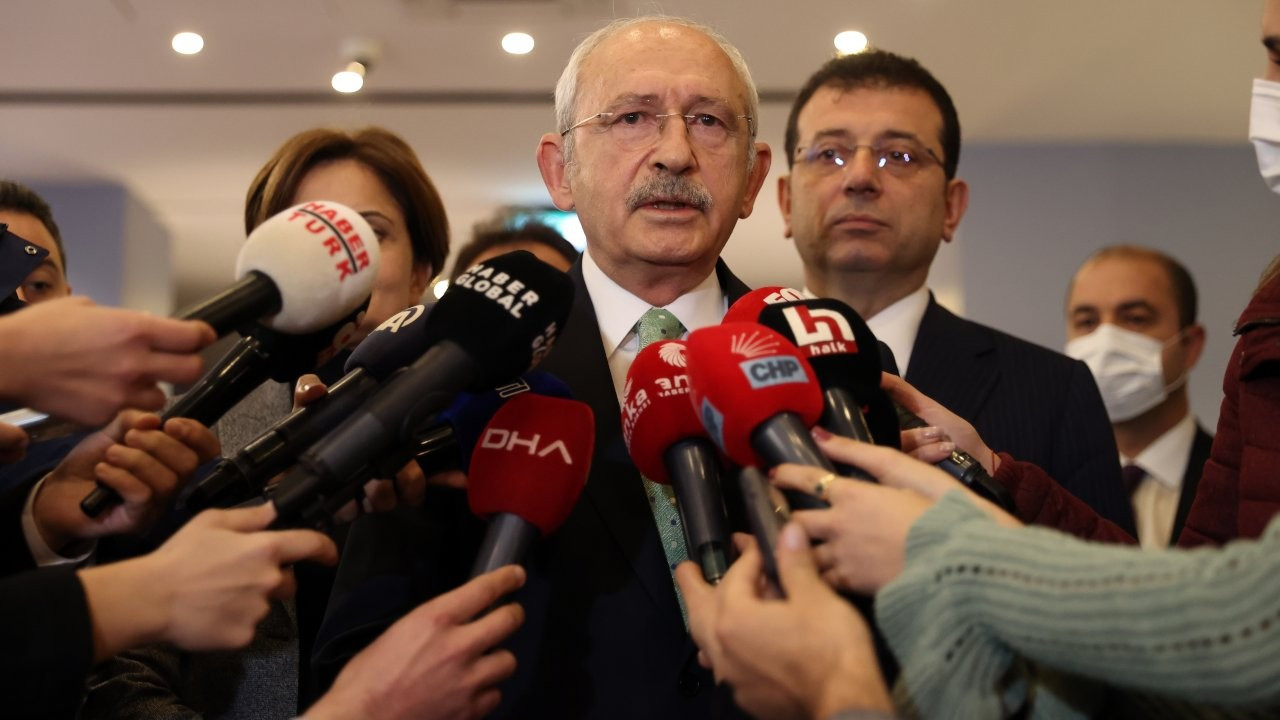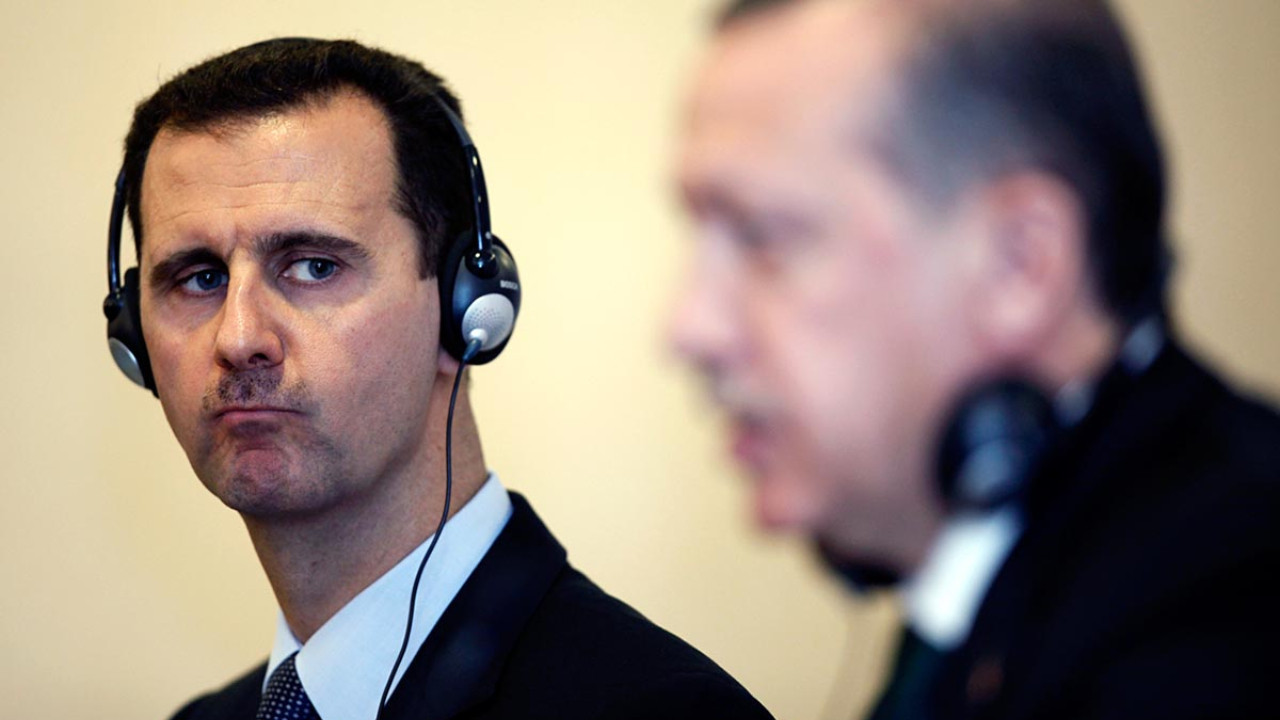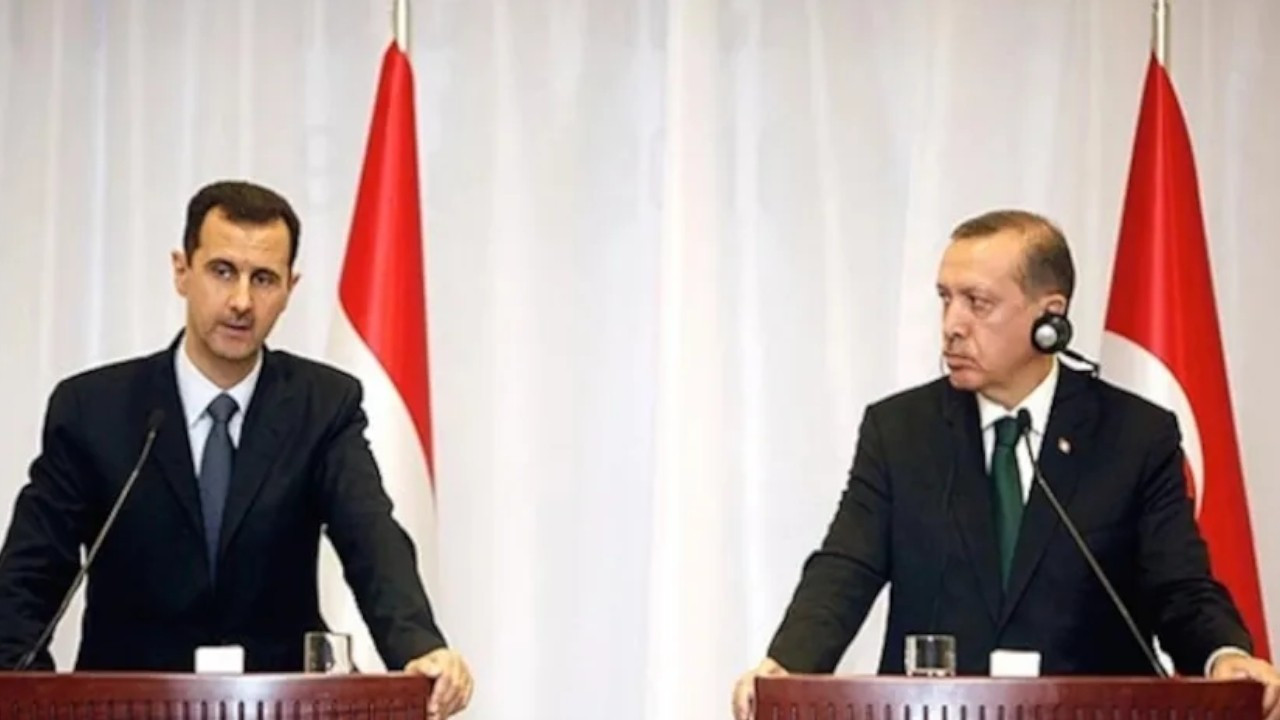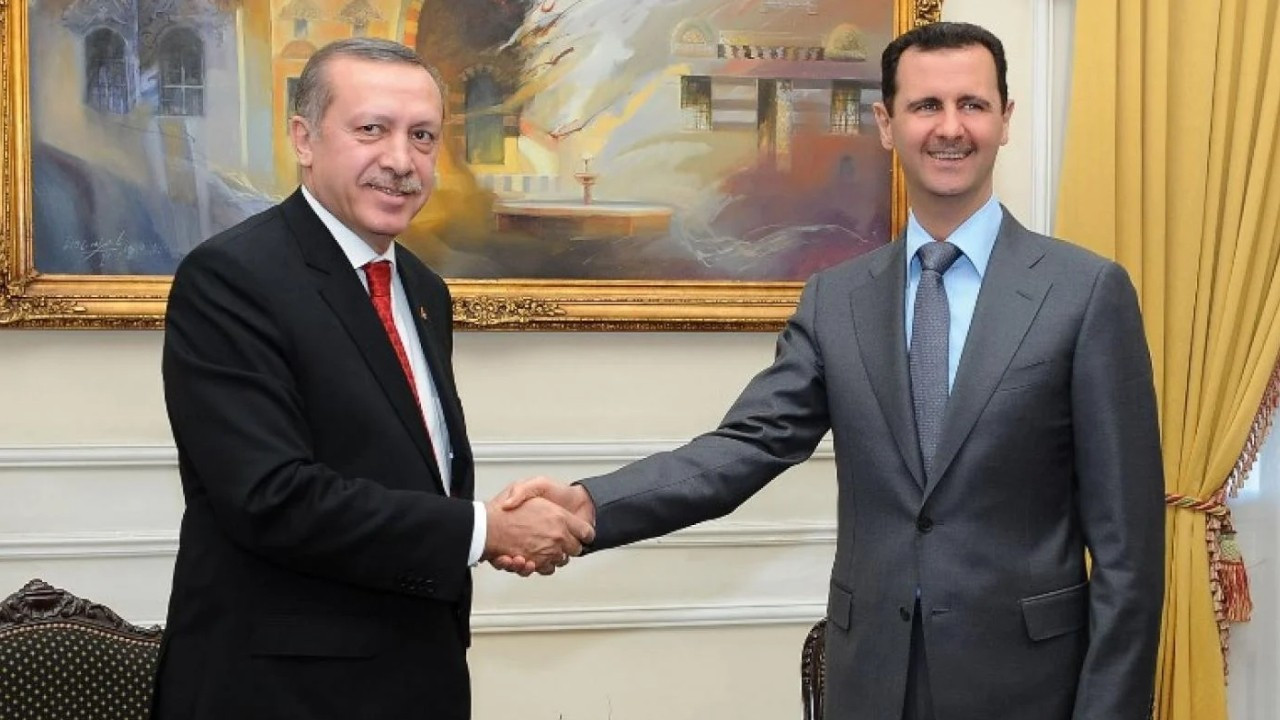Erdoğan says he is open to meeting with Assad
Erdoğan has said that he "is open to a meeting with Assad" but that Turkey will not withdraw its troops from northern Syria. "We can hold a four-party summit (with Syria, Russia and Iran), and I am also open to a meeting with Assad. What matters here is their approach toward us," Erdoğan said on July 17.
Reuters
Turkish President Recep Tayyip Erdoğan said on July 17 that he was open to a meeting with Syrian President Bashar al Assad, but that setting the withdrawal of Turkish troops from Syrian territory as a precondition for talks was "unacceptable."
Turkey has been the biggest military and political ally of the Syrian opposition, which controls the last rebel bastion in northwest Syria. Ankara has set up dozens of bases and deployed thousands of troops in northern Syria, preventing the Russian-backed Syrian army from re-taking the region.
Speaking to reporters in Istanbul ahead of his departure for a three-day visit to Saudi Arabia, Qatar and United Arab Emirates, Erdoğan said that Turkey has never "shut the door" to discussions with the Syrian government.
"We can hold a four-party summit (with Syria, Russia and Iran), and I am also open to a meeting with Assad. What matters here is their approach toward us," Erdoğan said.
Damascus' condition of a complete withdrawal of Turkish forces for such a meeting was "unacceptable", he added.
Erdoğan first said earlier this year that he may meet Syrian President Assad as part of a new peace process, but Assad said in March that there was no point in a meeting with Erdoğan until Turkey's "illegal occupation" ended.
"We are fighting against terrorism there. How can we withdraw when our country is under continuous threat from terrorists along our border... We expect a fair approach," Erdoğan said.
The defence ministers of the two countries met late last year for the highest-level talks between the two neighbours, whose governments have been at odds since 2011, when the Arab Spring uprisings reached Syria and plunged the country into war.
The foreign ministers of the two countries also met in Moscow in May ahead of Turkish elections as part of talks overseen by Russia.

 Turkish main opposition leader pens letter of condolence to Assad over quakesPolitics
Turkish main opposition leader pens letter of condolence to Assad over quakesPolitics Turkey talks must be based on ending 'occupation' and support for 'terrorism,' Assad saysDiplomacy
Turkey talks must be based on ending 'occupation' and support for 'terrorism,' Assad saysDiplomacy Syria's Assad said to reject proposal to meet ErdoğanDiplomacy
Syria's Assad said to reject proposal to meet ErdoğanDiplomacy MHP leader Bahçeli calls on Erdoğan to have a meeting with AssadPolitics
MHP leader Bahçeli calls on Erdoğan to have a meeting with AssadPolitics